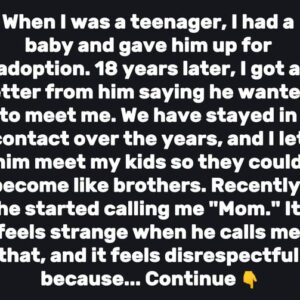A bold claim has been made: “No English word has a double ‘oo’ except for ‘good’ and ‘book.’” This statement challenges readers to prove it wrong. But as intriguing as the challenge might be, it falls apart with just a little bit of linguistic exploration. Let’s dive into the world of English vocabulary to discover the truth.
Common Words with Double “O”
Right off the bat, several common English words refute the claim. Here are just a few:
- Moon: The celestial body that lights up our night sky.
- Food: Something we all need to survive and enjoy.
- Room: A space within a building, a place where you may be reading this article right now.
- Look: Something you did when you saw the image!
- Tool: Instruments that help us perform tasks more efficiently.
- Cool: A term for something that’s stylish or for a pleasant temperature.
These words are not only widely used but also fundamental to everyday English. So, it’s clear that the initial claim doesn’t hold up.
Beyond the Basics: Less Common Words
The English language is rich and diverse, with many words featuring double “o” that might not immediately come to mind. Here are some examples:
- Brood: To think deeply about something that makes you unhappy.
- Spook: A ghost or someone who scares easily.
- Groove: A long, narrow cut or depression, or something rhythmic and smooth.
- Crook: A person who is dishonest or a criminal.
- Spoon: A utensil used for eating or serving.
These words further dispel the notion that “good” and “book” are the only double “o” words.
Why Does This Myth Persist?
The misconception likely arises from the fact that some people may not consciously recognize how frequently the double “o” pattern appears in English. The words “good” and “book” are certainly prominent, but the idea that they are unique in their spelling is simply incorrect.
Conclusion
The challenge to prove the original statement wrong is easily met with a wealth of English words containing double “o.” Whether in common usage or more obscure terms, this vowel combination is widespread and versatile, debunking the myth that it is rare or exclusive to just two words.
So, the next time someone challenges you with such a statement, you’ll be ready with a list of words to set the record straight!




